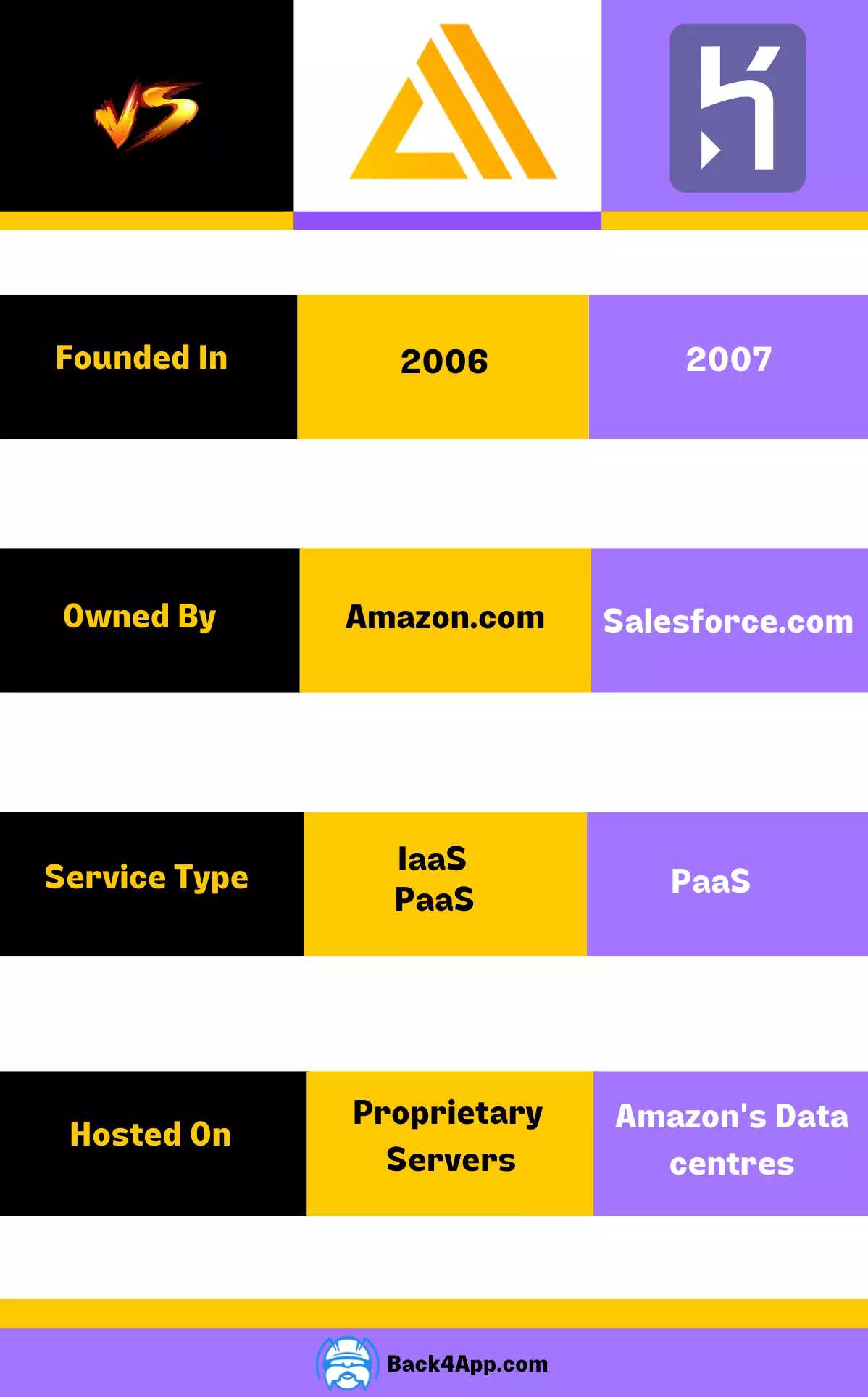George Batschinski
I'm an entrepreneur, leader, and software startup founder with over 20 years of experience in technology and cloud computing. As a second-time founder, I specialize in Cloud Computing, Backend Development, and Firebase, building scalable SaaS platforms. I have worked with renowned companies like Back4App, GTAC, CHC, and Embraer, gaining expertise in building and managing innovative technology solutions. In addition to my professional work, I share insights and educational content on my YouTube channel 📺, where I discuss topics like backend technologies, Firebase integrations, and cloud-based solutions. For more details about my professional journey, connect with me on LinkedIn 🔗.




